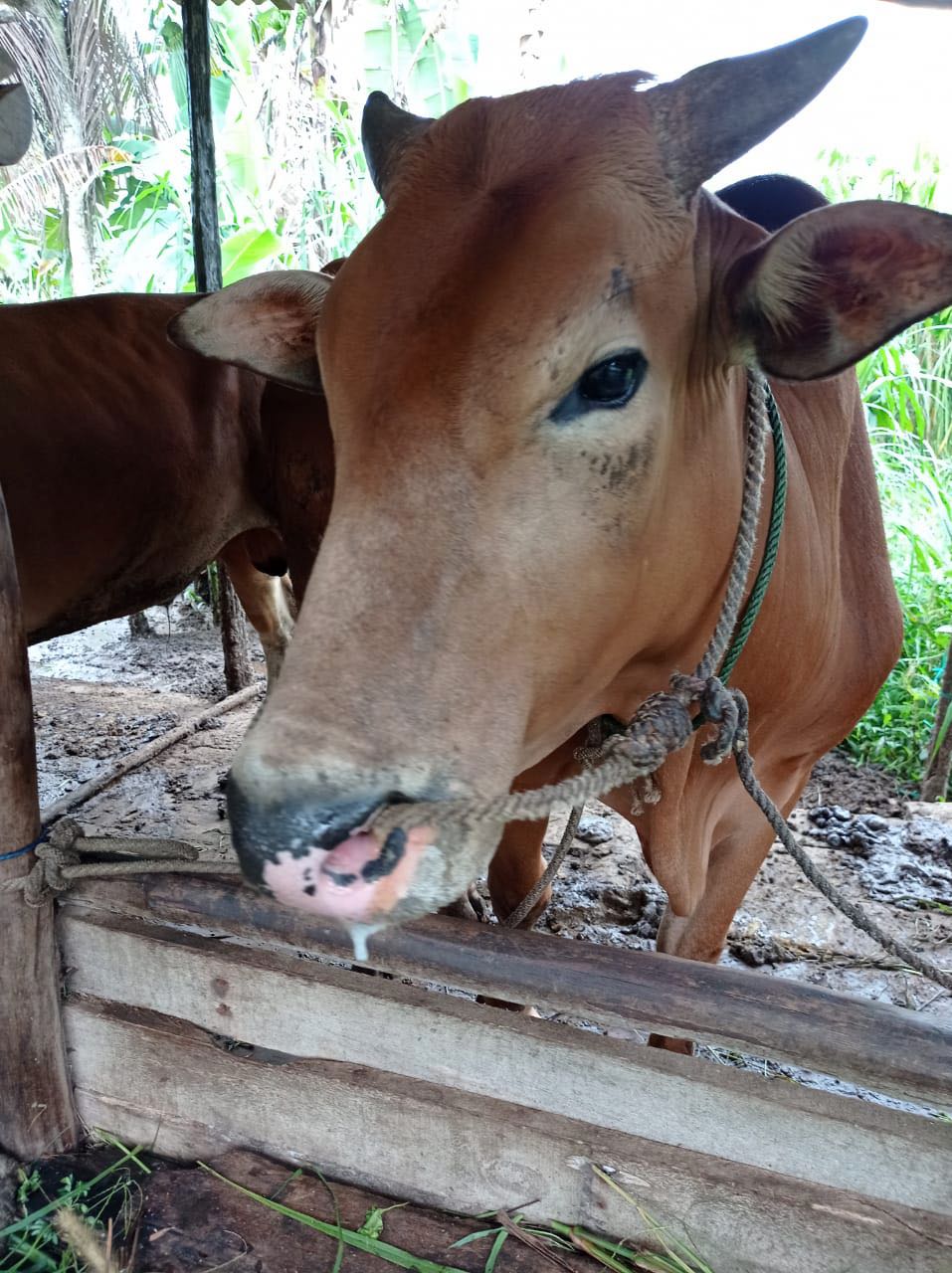



Article by: Hari Yellina
Following the discovery of foot-and-mouth disease (FMD) in cows in Bali, the federal government is stepping up biosecurity procedures at the border. According to Agriculture Minister Murray Watt, “additional safeguards were promptly enforced to protect Australia’s livestock industry from this threat following official confirmation from Indonesian officials yesterday that FMD has expanded to Bali.” High-risk items, such as contaminated clothing or equipment, as well as live animals or animal products like cheese and meat, are prohibited from entry into the country. Although FMD does not endanger human health, it does produce painful blisters in cattle, sheep, pigs, and goats, and it may lead to a mass slaughter of animals to get rid of the extremely contagious virus.
Animals can contract FMD from each other by breathing infected air, touching blisters, or consuming infected milk, semen, faeces, or urine. For travellers coming back from Indonesia, greater biosecurity procedures are being implemented because the virus may also live on clothing, footwear, and car tyres. A domestic outbreak may destroy Australia’s agricultural sector and cost the country upwards of $80 billion over the course of many years.
The Minister said the new measures being introduced to prevent a local outbreak included:
According to Mr. Watt, the government had indicated that more detector dogs were especially needed in Darwin and Cairns. He claimed that some dogs were already present at the airports in Perth, Brisbane, Melbourne, and Sydney, which also received a lot of visitors from Bali. Every aeroplane returning to the country from Indonesia, starting tomorrow, will be boarded by a biosecurity officer, and a message will be played that is specifically dedicated to the issues surrounding FMD in Indonesia, he said. The Minister declared that he would not make travellers pass through foot showers despite the fact that many will be sporting thongs. He said that the necessary disinfectant would be too harsh for exposed flesh. A ban on travel between Bali and Australia was also disregarded by Mr. Watt.
Mr. Watt claimed that he had yesterday requested urgent briefings from Chris Parker, the director of the National Animal Disease Taskforce at the Department of Agriculture, Fisheries, and Forestry, Andrew Metcalfe, the chief veterinarian, and the Australian Director of Biosecurity, Andrew Metcalfe. There are also established procedures in place, including an FMD vaccine bank, should FMD be discovered in Australia, according to Mr. Watt. CEO of beef exporter Casino Food Co-op Simon Stahl stated that the industry was extremely worried about the likelihood of an FMD outbreak. It’s making us anxious, he continued, and that’s an understatement. If it appeared in Australia, “I think it would be an absolute nightmare.” The West Australian Country Hour’s Tracy Sullivan reported on Wednesday that an expert group had recently updated the likelihood of FMD entering Australia. Tracy Sullivan is the president of the Australian Cattle Veterinarians. The likelihood of an FMD incursion in the next five years was increased from 9%, which was the original estimate many years ago, to roughly 11.6%, she added.